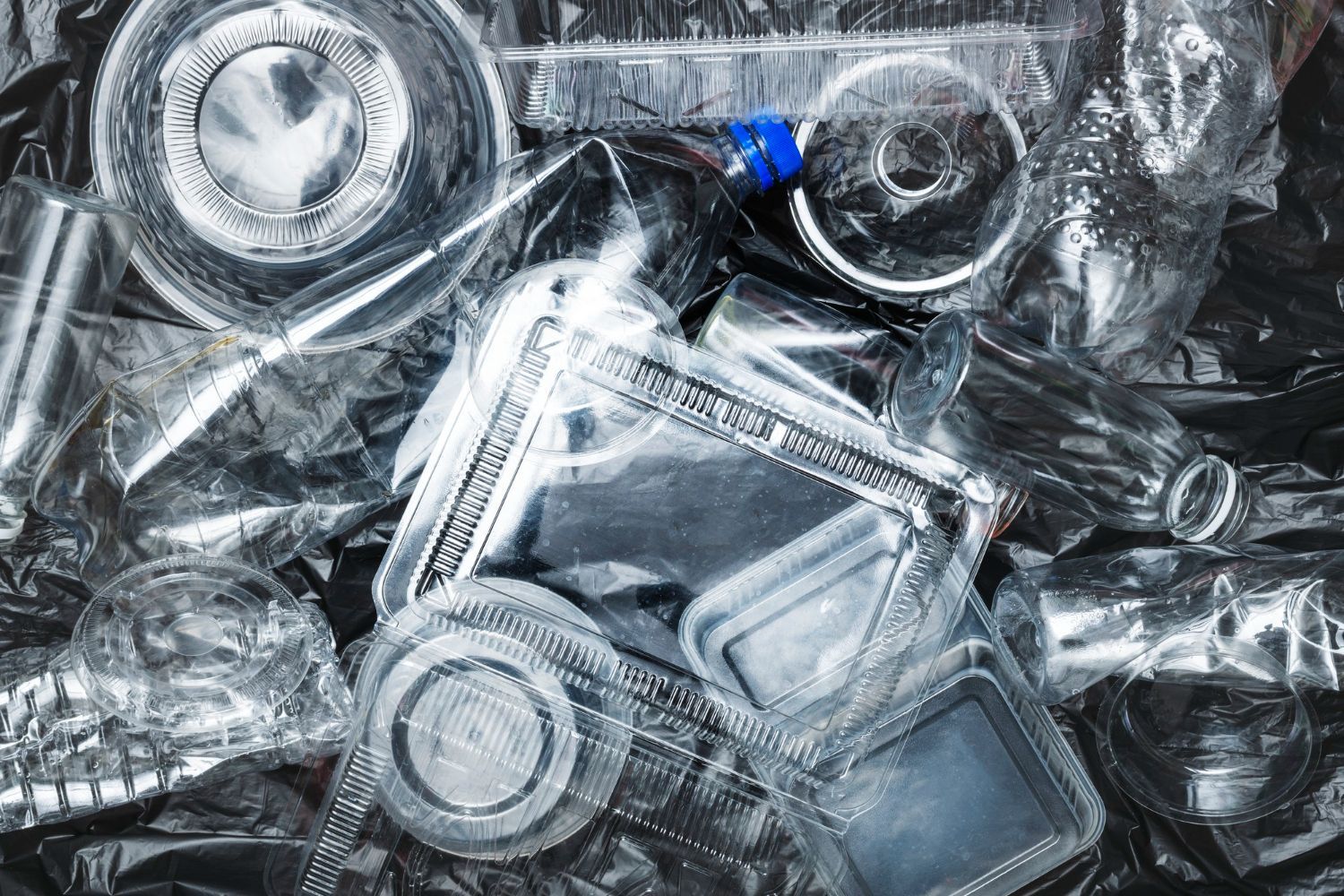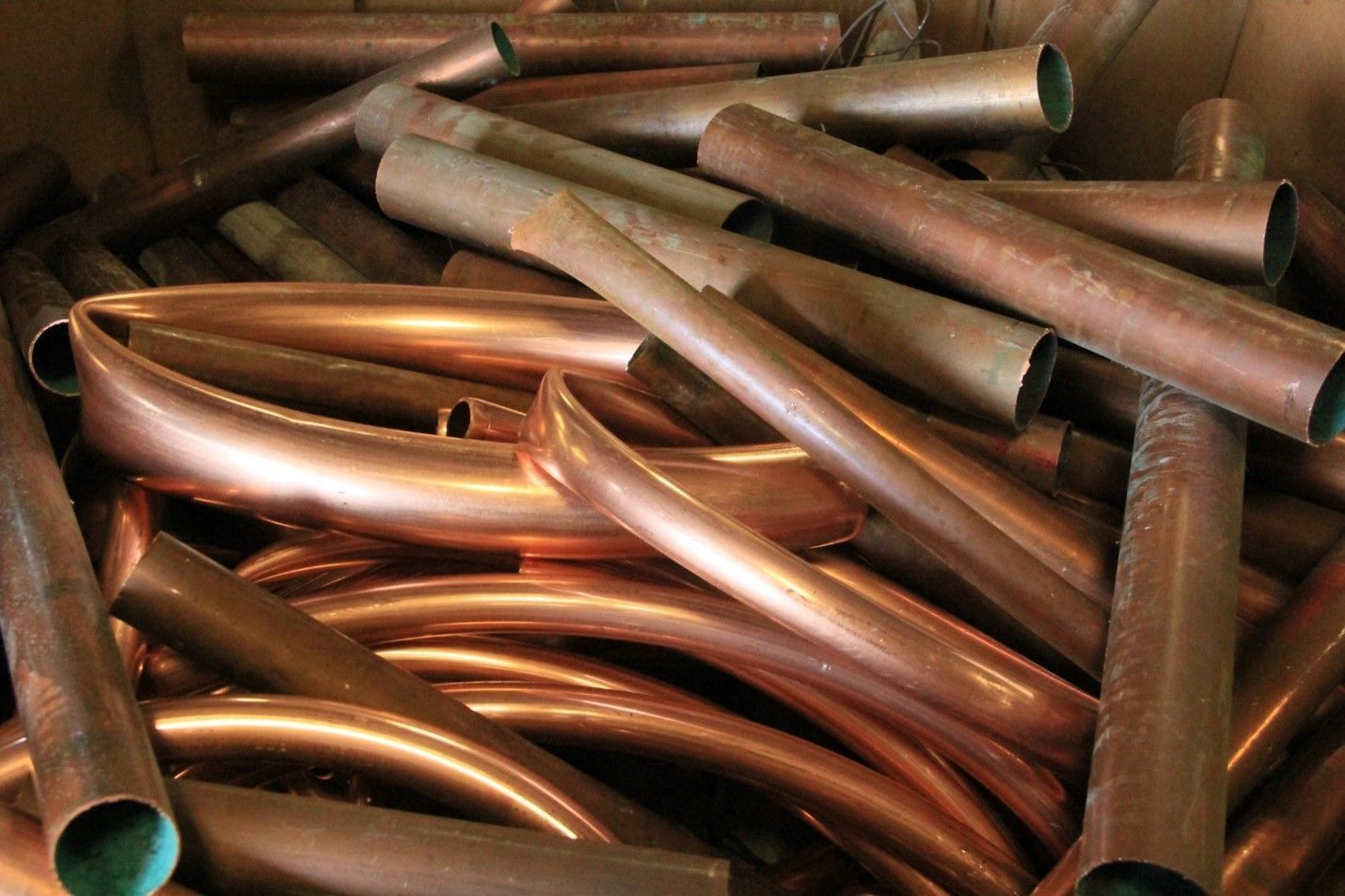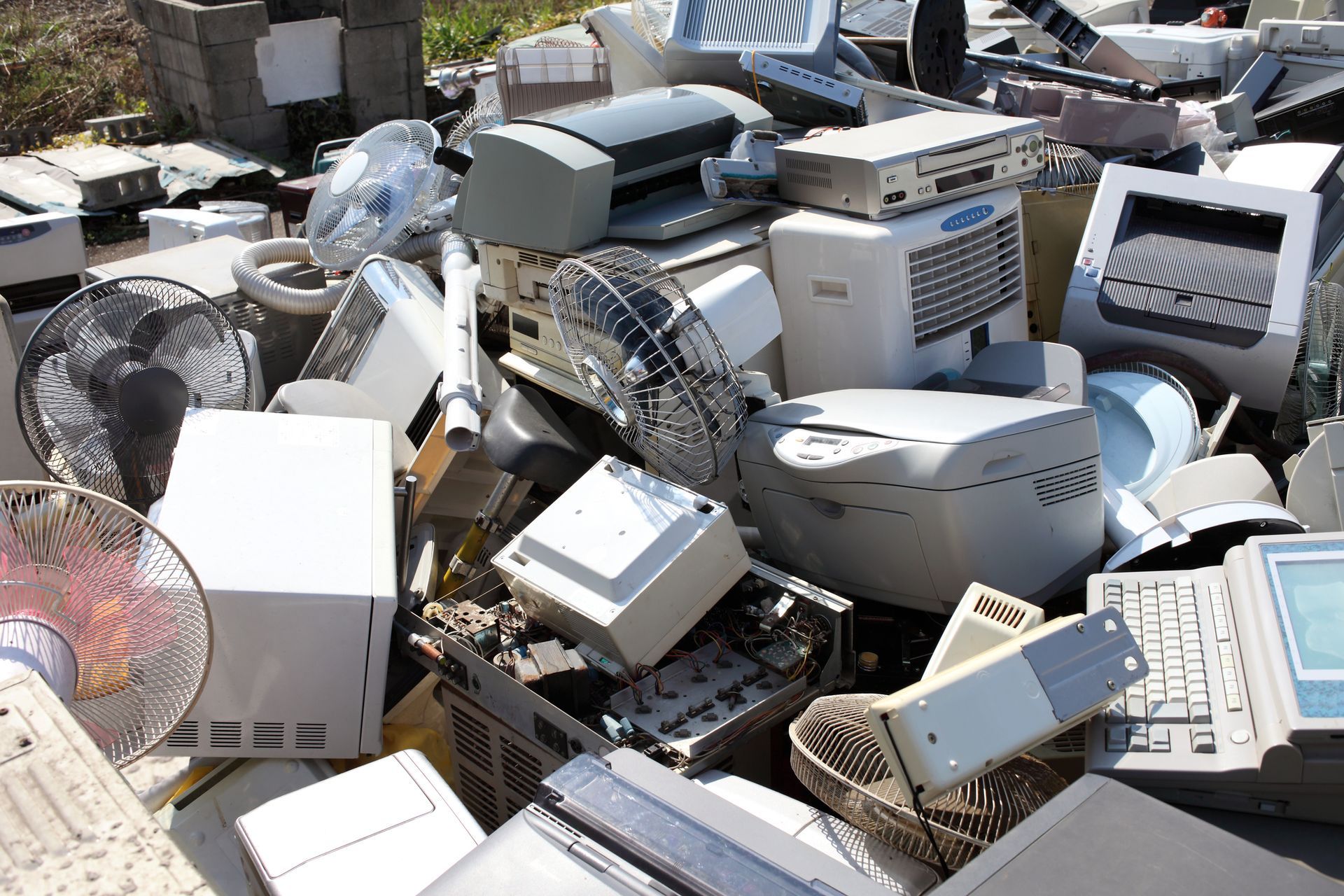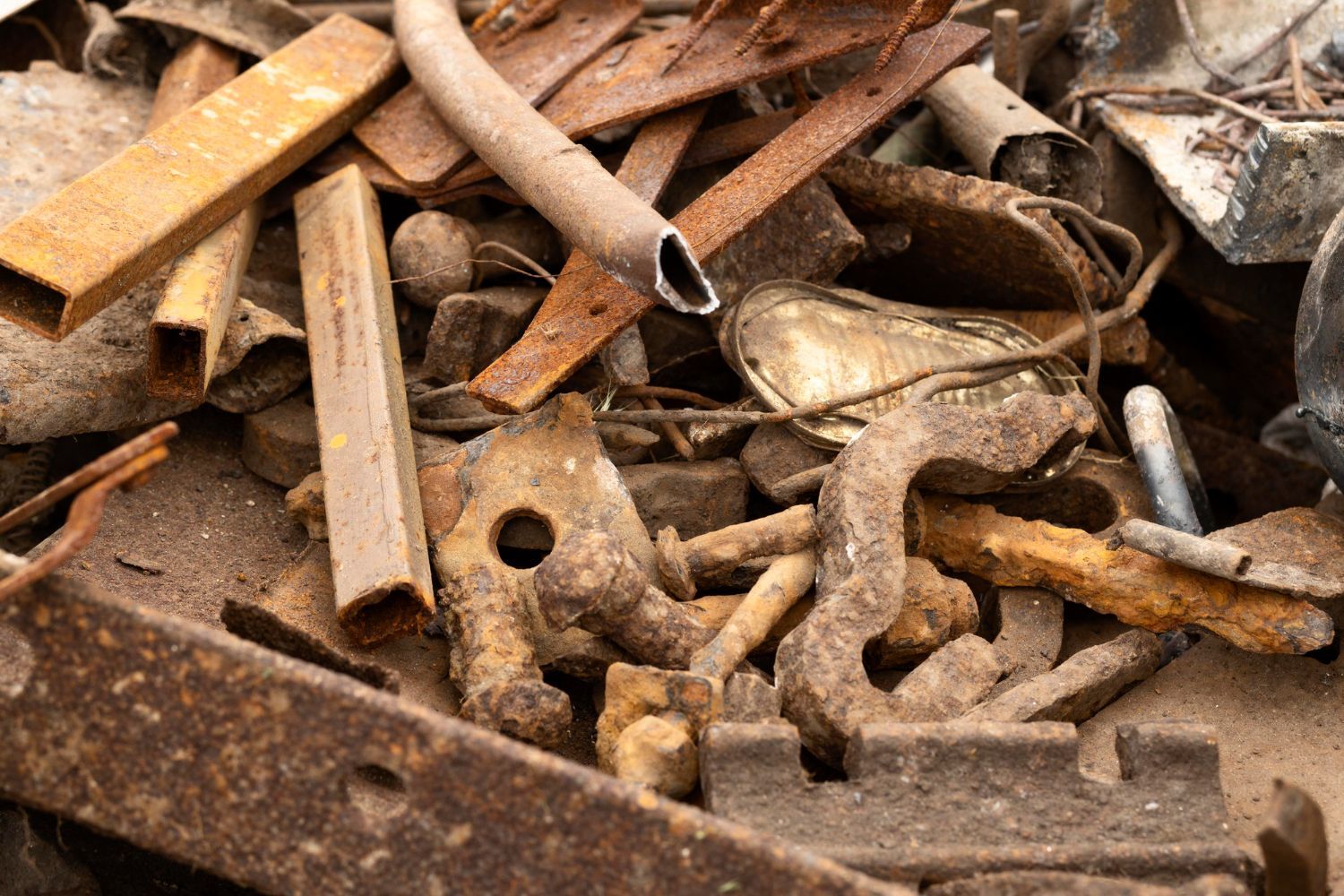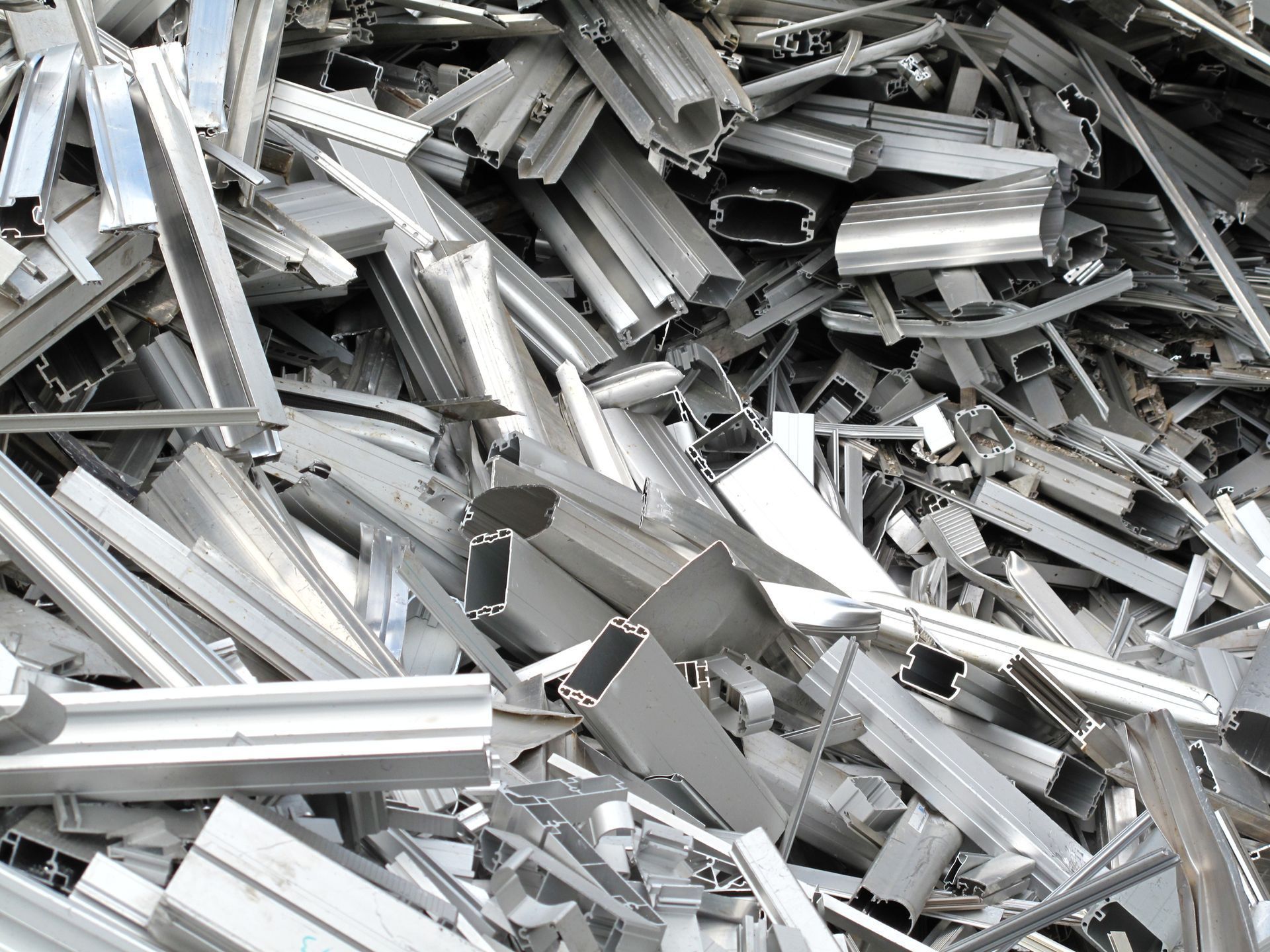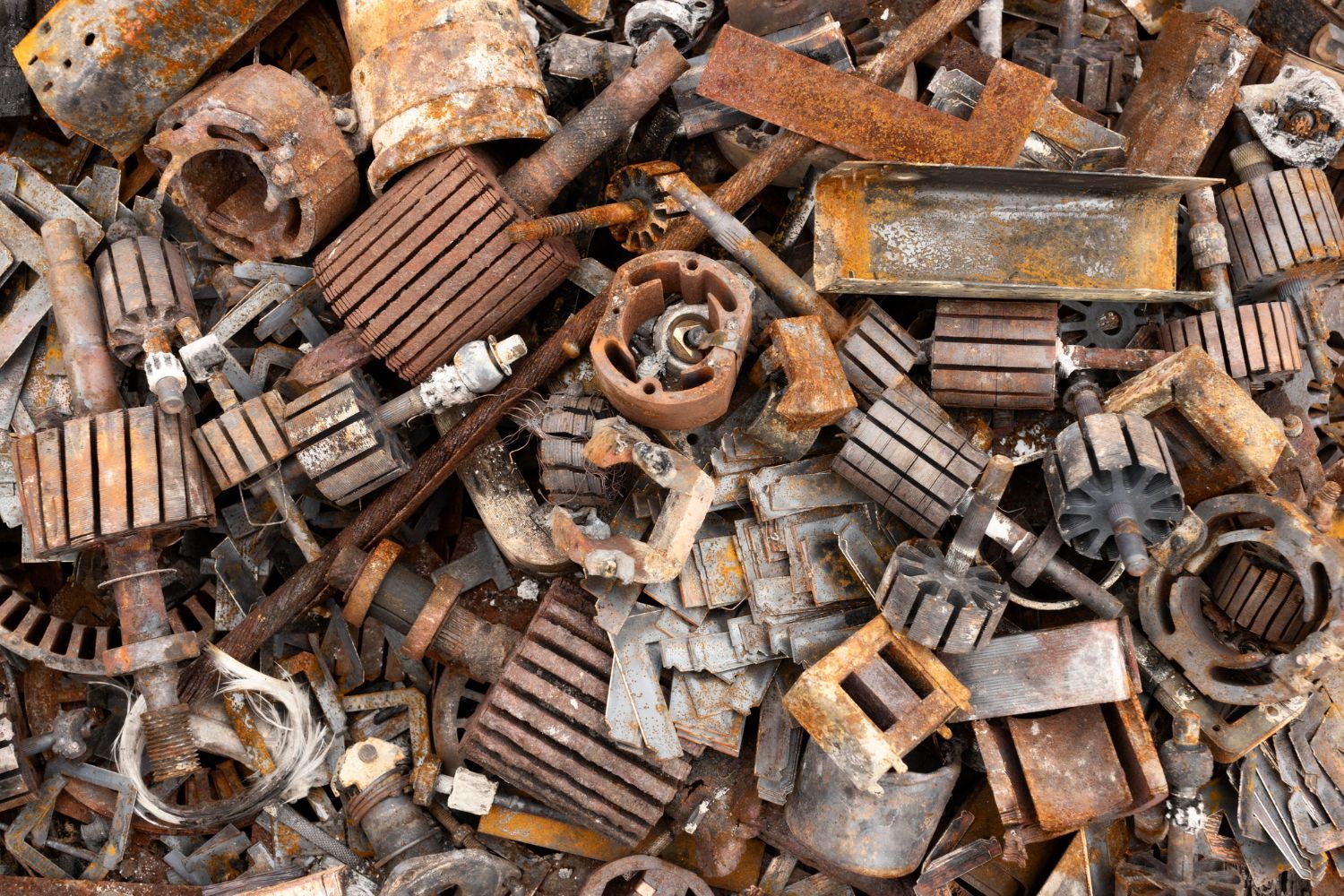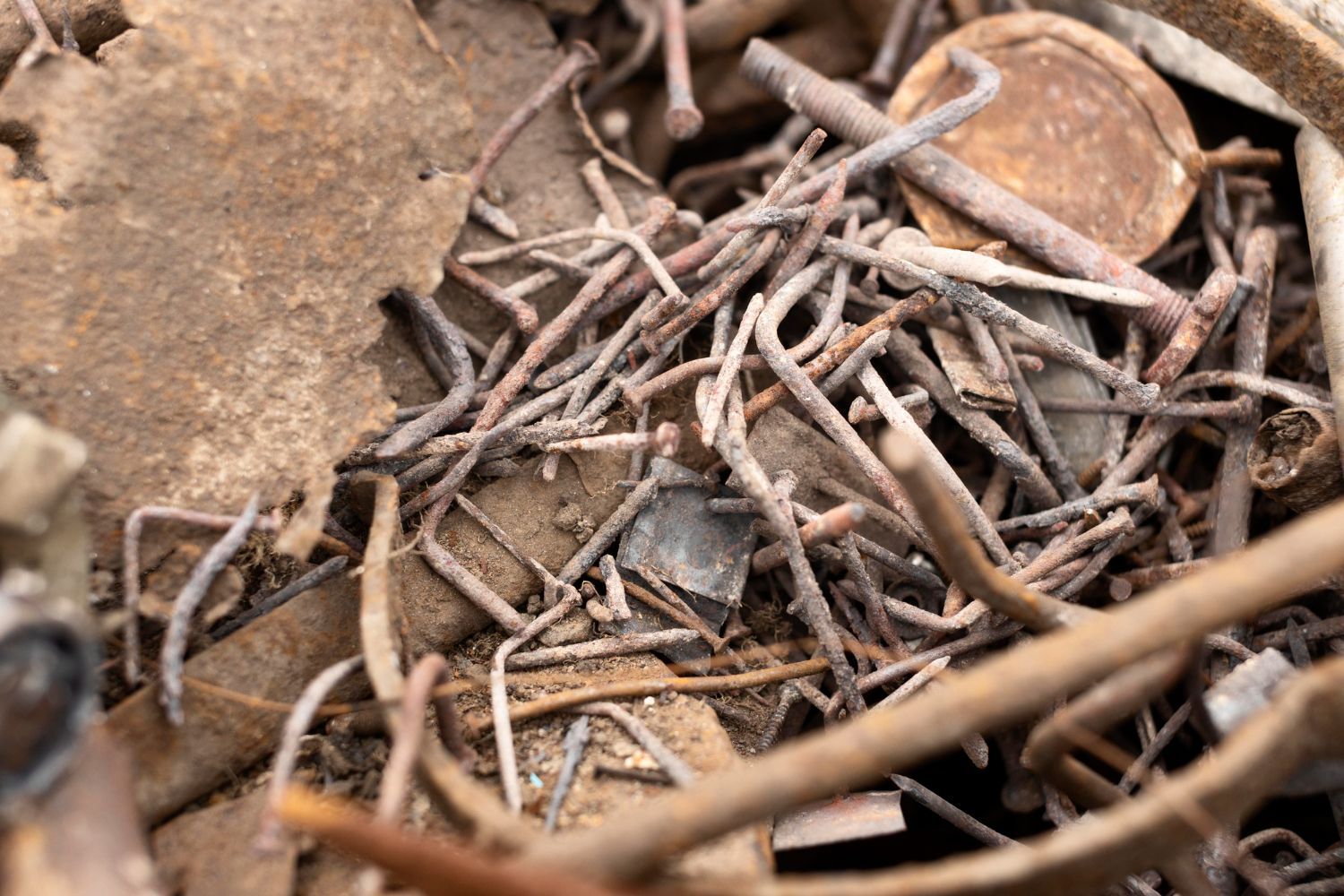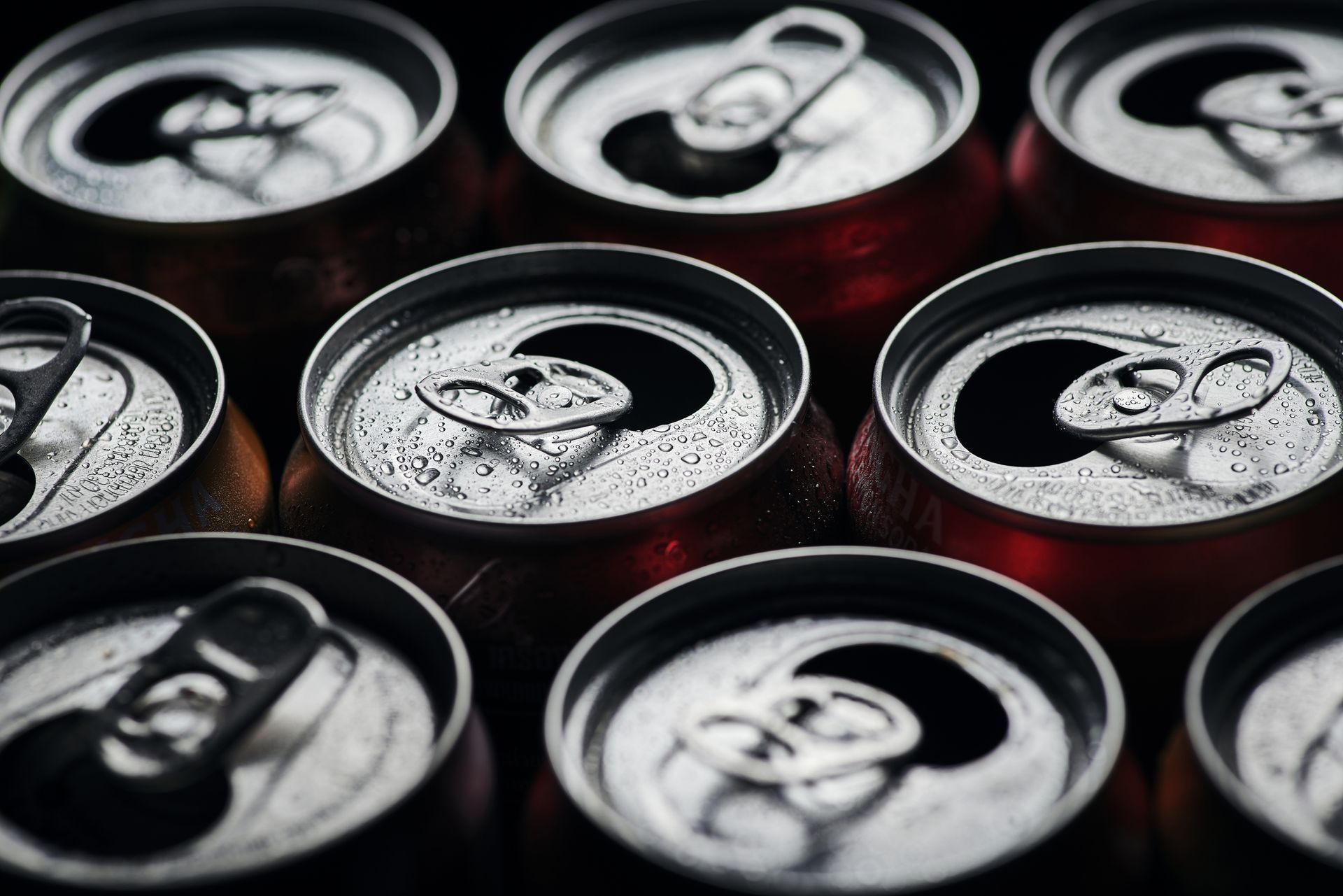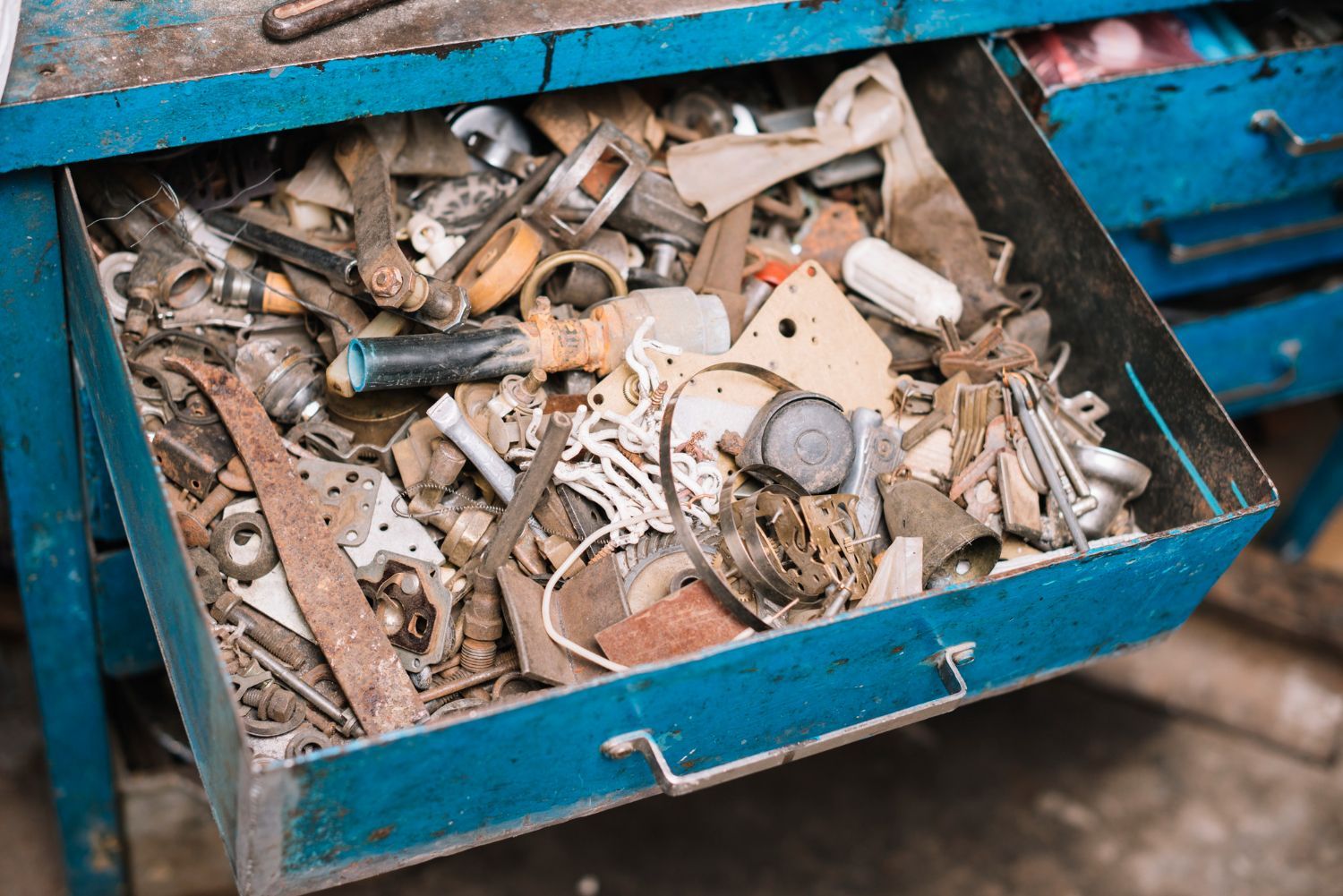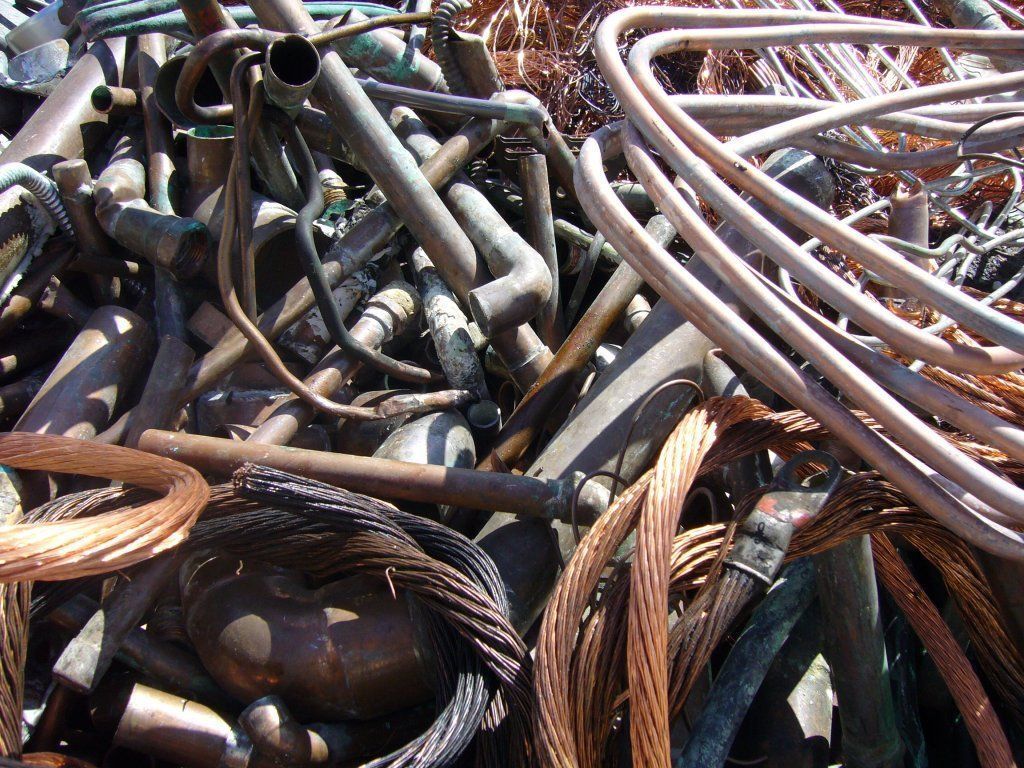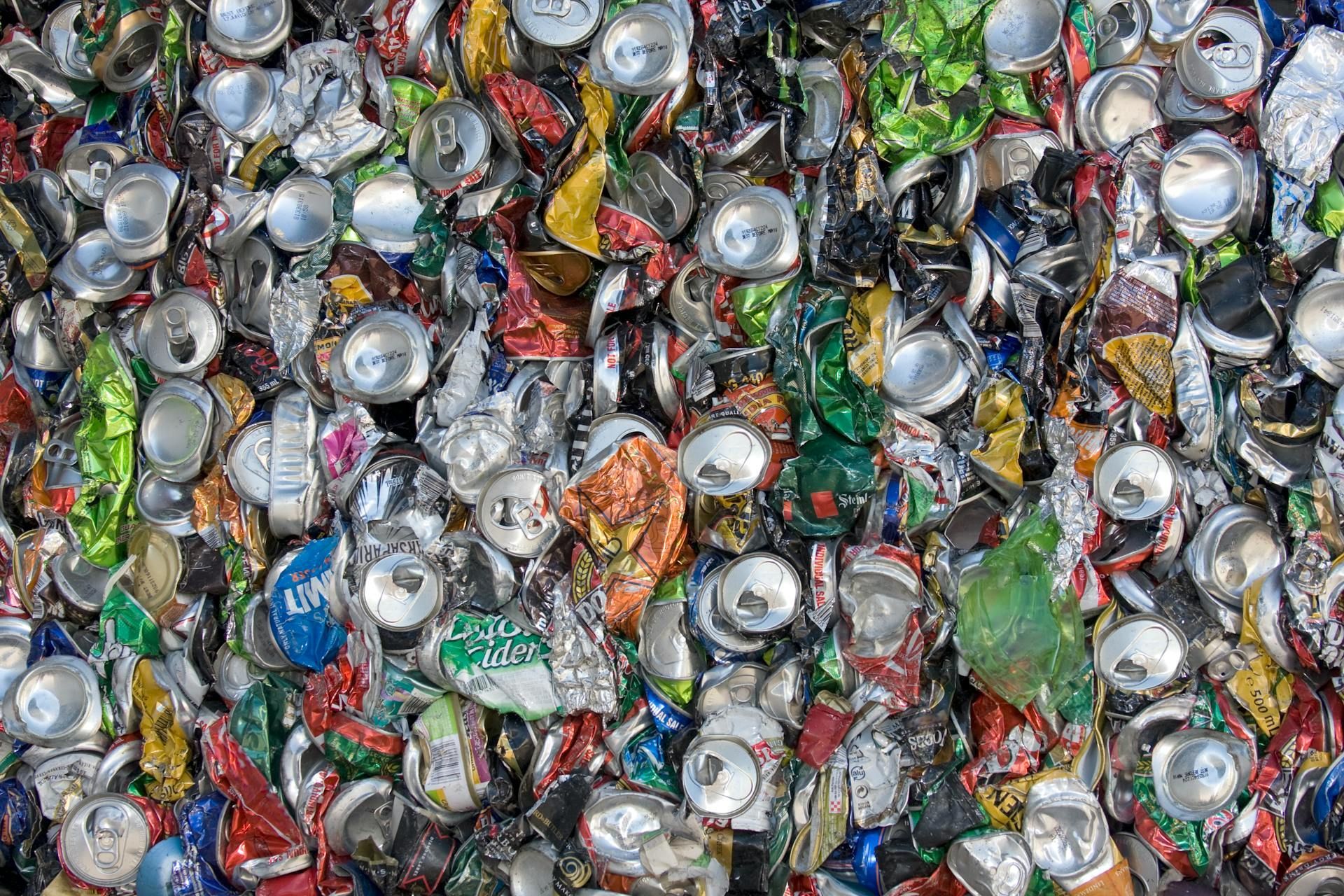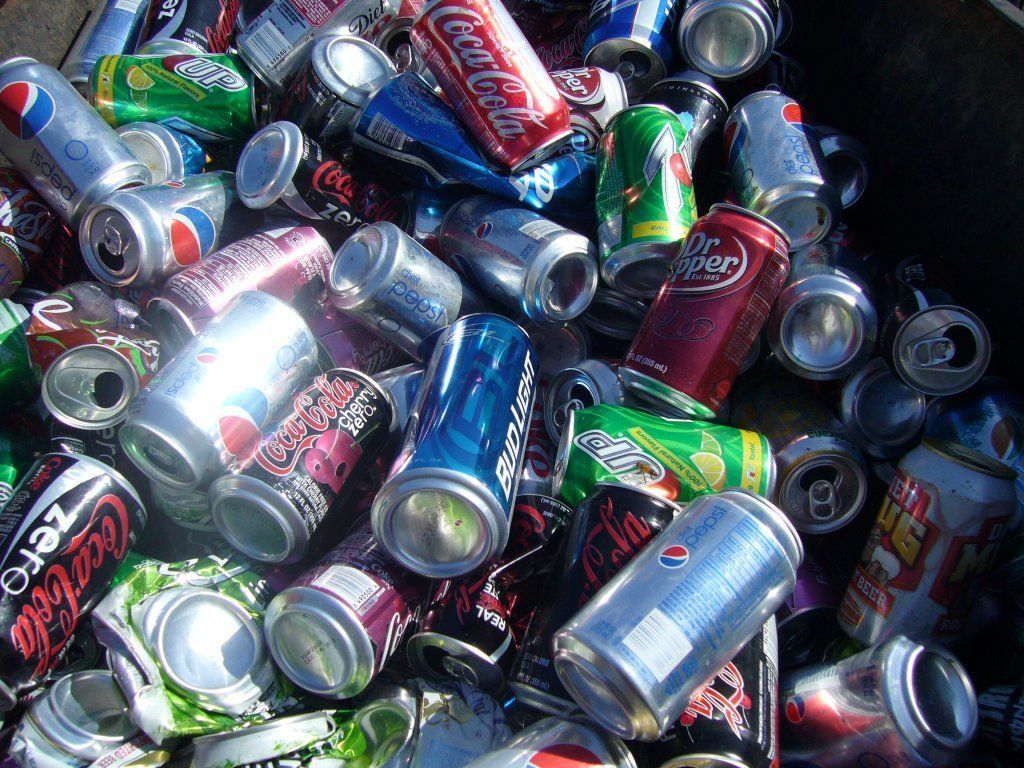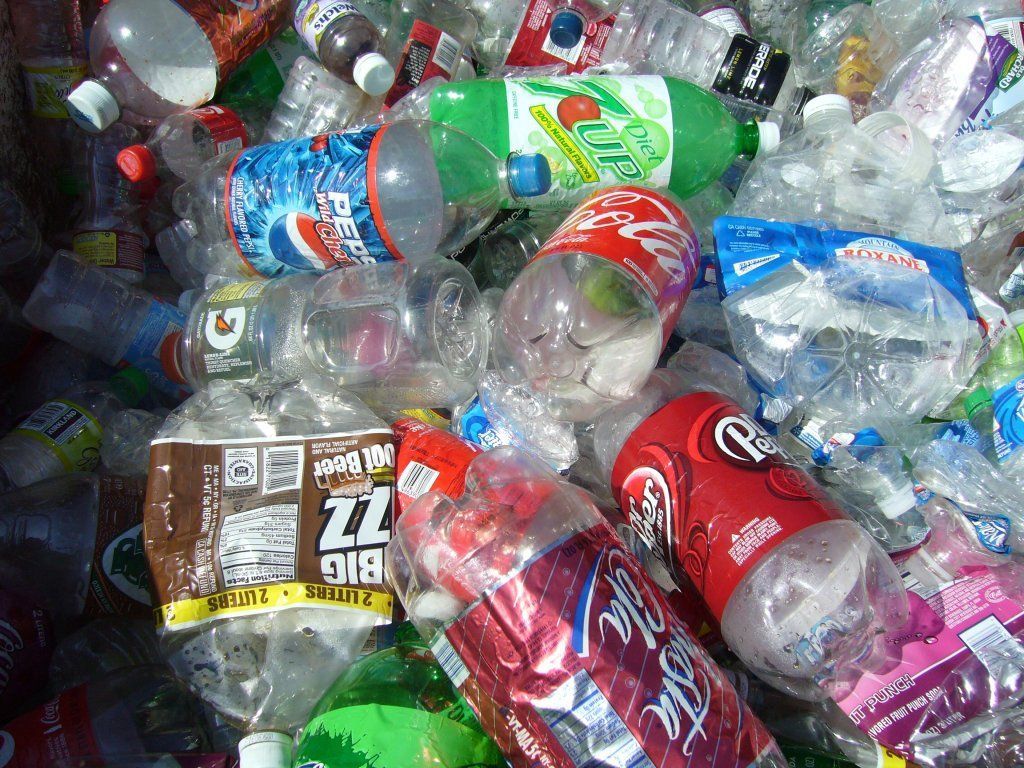How to Recycle Aluminum Cans and Plastic Bottles | Bruce Metal & Salvage
Recycling is one of the easiest and most impactful ways to reduce waste and preserve the environment. Aluminum cans and plastic bottles are two of the most common items that can be recycled, but many people are unsure of the correct process. By learning how to recycle these items properly, you can help reduce pollution, save energy, and even earn a bit of extra cash. Here's a guide to help you recycle aluminum cans and plastic bottles effectively.
1. Rinse and Clean Your Containers
One of the first things you should do before recycling your aluminum cans or plastic bottles is to give them a quick rinse. While it’s not always necessary to scrub them spotless, leftover liquids or food can spoil entire batches of recyclables, especially plastic. A simple rinse ensures everything stays clean and ready for processing at your local recycling facility.
2. Sort Your Materials
Most recycling centers, including curbside programs, require you to separate your materials. Aluminum cans, plastic bottles, and other recyclables such as glass or paper often need to be placed in different bins. Check with your local recycling center or municipality to see what types of sorting are required. In some cases, you can combine certain materials like aluminum and plastic, but separating them often ensures a smoother recycling process.
3. Know What Plastic Can Be Recycled
Not all plastics are recyclable, and this can be confusing. Most plastic bottles come with a small triangle symbol that has a number inside. Look for bottles labeled with 1 (PET) or 2 (HDPE) as these are the most commonly accepted types of plastic at recycling centers. Being aware of what can and can’t be recycled will help you avoid accidentally tossing non-recyclable items into the bin.
4. Check for CRV Labels
In California, aluminum cans and plastic bottles often come with a CRV (California Redemption Value) label. This means you can get cash back for returning these items to a recycling center. CRV items include aluminum beverage cans, plastic water bottles, and even glass containers. Collecting and returning these items can add up over time, offering you an incentive to recycle regularly.
5. Crush Aluminum Cans for Space Efficiency
If you're saving aluminum cans to take to a recycling center, consider crushing them to save space. Crushed cans are easier to transport and take up less room in your recycling bin. Just be careful not to crush them if your recycling program prefers them intact, as some machines require the can to remain whole for easier sorting.
6. Take Your Items to a Buy-Back Center
Once you’ve collected a decent amount of aluminum cans and plastic bottles, take them to a buy-back center. These centers will weigh your recyclables and pay you based on the total weight or number of items. Not only are you recycling, but you’re also earning a bit of cash. Before heading out, call the center to check what materials they accept and how payments work.
7. Don’t Forget the Caps
Many people forget to recycle the caps from their plastic bottles, but these can often be recycled as well. Check with your local recycling center to see if they accept plastic caps. Some programs prefer that caps be left on the bottles, while others may ask you to remove and recycle them separately. Following these guidelines ensures that every part of the bottle is properly processed.
8. Be Aware of Contaminants
It’s important to avoid contaminating your recyclables with things like food waste, non-recyclable plastics, or other materials that don’t belong. For example, aluminum cans with leftover food residue or plastic bottles with labels and sticky wrappers can disrupt the recycling process. Be mindful of what goes into your recycling bin to keep everything running smoothly.
9. Make Recycling a Habit
Finally, making recycling a habit is one of the best ways to stay consistent. Designate a space in your home for recyclables, and make sure your family knows which items can and cannot be recycled. By doing this, you’ll contribute to reducing waste, conserving natural resources, and promoting a healthier environment.
If you’re looking to recycle your aluminum cans, plastic bottles, or other nonferrous metals, Bruce Metal & Salvage in Santa Ana, CA, is here to help. With over 30 years of experience in the recycling industry, they offer top dollar for your recyclables and provide excellent service. Call (714) 543-1300 or (714) 543-4361 for more information on how they can assist with your recycling needs.



